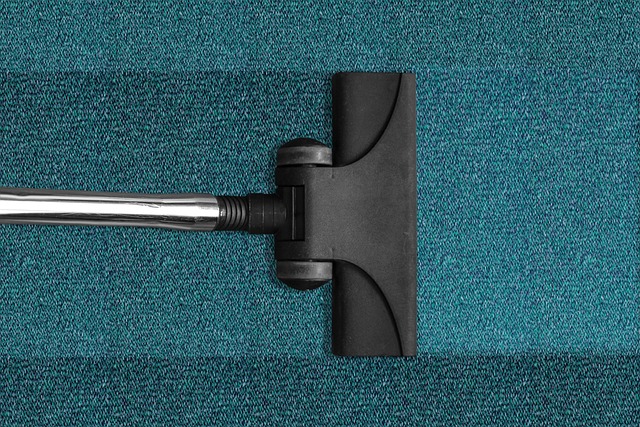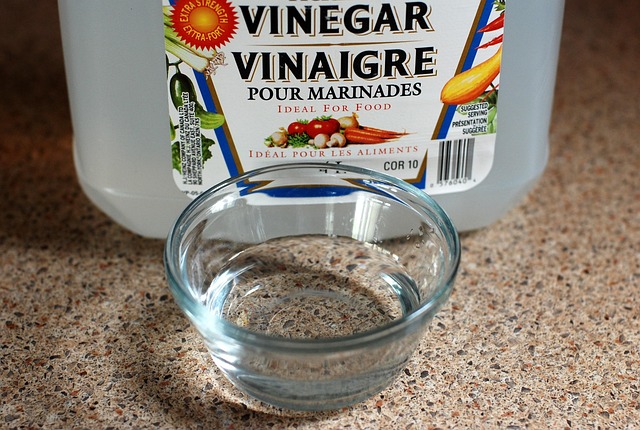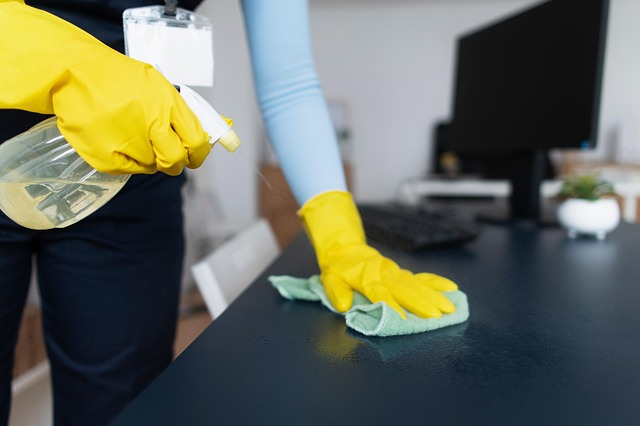Mold thrives in dark, damp spaces like basements and bathrooms with poor ventilation. Natural mold removal methods using ingredients like tea tree oil, vinegar, baking soda, and coconut oil are popular alternatives to harsh chemicals due to their antibacterial and antifungal properties. While effective for some issues, DIY solutions vary in performance based on mold severity and type; more extensive infestations may require specialized treatments.
Do homemade mold removers live up to their promise? Many turn to natural solutions for mold removal, curious about their effectiveness. This article navigates the world of mold, exploring its growth and impact on health. We delve into various natural mold removal options, including homemade remedies. By examining scientific evidence and expert insights, we separate fact from fiction, providing a comprehensive guide to determine if DIY mold removers truly work in combating this common yet dangerous issue.
- Understanding Mold Growth and Its Impact
- Exploring Natural Mold Removal Options
- Effectiveness of Homemade Mold Removers
Understanding Mold Growth and Its Impact

Mold thrives in dark, damp environments, making homes and buildings vulnerable to its growth. Understanding how mold proliferates is essential when considering effective natural mold removal methods. When moisture infiltrates areas with inadequate ventilation, such as basements or bathrooms, it creates the perfect breeding ground for fungi. Over time, these microscopic organisms can produce harmful spores that spread easily through air currents or water sources, leading to visible mold growth on surfaces like walls, ceilings, and even flooring.
The impact of mold extends beyond unsightly appearances; it can pose significant health risks. Many people suffer from allergies or respiratory conditions triggered by mold exposure. Additionally, certain types of mold produce mycotoxins, which are toxic compounds that can cause a range of adverse effects. Recognizing the importance of addressing mold issues promptly, many homeowners turn to natural mold removal solutions as an alternative to harsh chemicals.
Exploring Natural Mold Removal Options

Many homeowners are turning to natural mold removal methods as a safer and more eco-friendly alternative to commercial products. Traditional mold removal often involves toxic chemicals, which can be concerning for those sensitive to such substances or who prioritize reducing chemical exposure in their homes. Natural options, on the other hand, offer a peaceful and effective approach to tackling mold.
Essential oils, vinegar, baking soda, and coconut oil are just a few common household ingredients that have proven effective in combating mold growth. For instance, the antibacterial and antifungal properties of tea tree oil make it a powerful natural mold killer. Similarly, white vinegar’s acidity inhibits mold development while also helping to restore pH balance in affected areas. These natural mold removal options not only effectively eliminate existing mold but also help prevent future growth by creating an environment that is less hospitable to spores.
Effectiveness of Homemade Mold Removers

Many people opt for homemade mold removers as a natural mold removal solution, curious about their effectiveness compared to commercial products. While some DIY methods can be successful, it’s important to understand that not all homemade solutions are created equal. The key to effective natural mold removal lies in understanding what causes mold growth and targeting those specific factors.
Homemade remedies often rely on ingredients like vinegar, baking soda, or essential oils, which have antifungal properties. These substances can indeed inhibit mold growth and even kill certain types of mold spores. However, their performance may vary based on the severity of the mold infestation and the specific type of mold present. For instance, while a mixture of water and white vinegar can be effective for small, superficial mold issues, more extensive or embedded mold may require stronger, specialized solutions.
